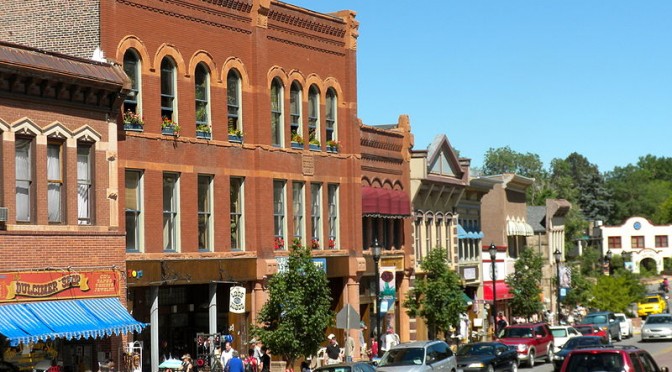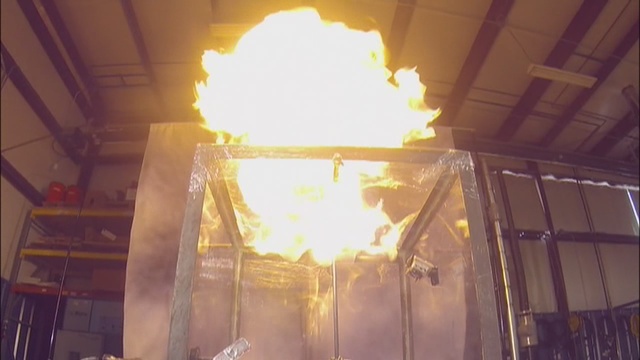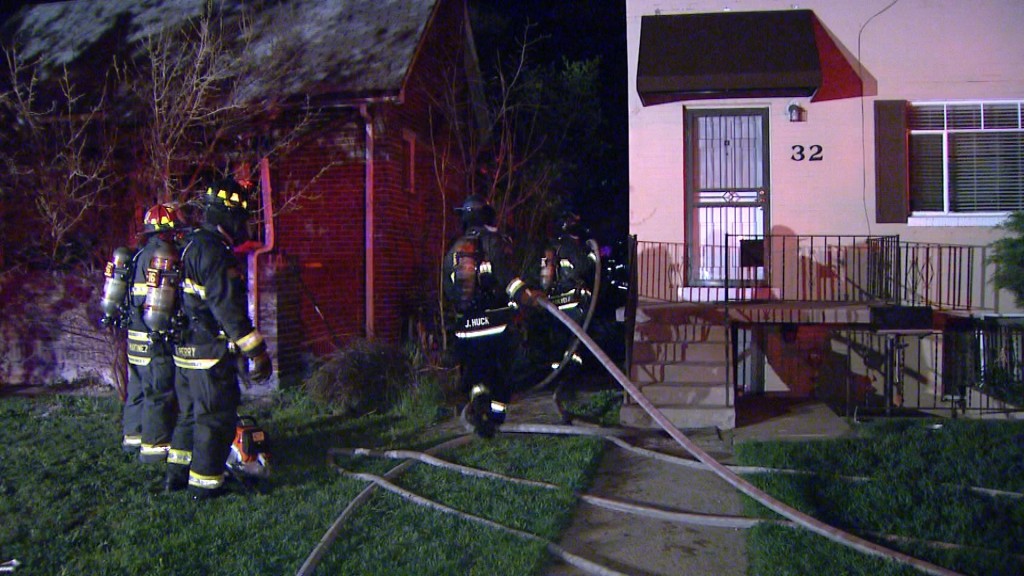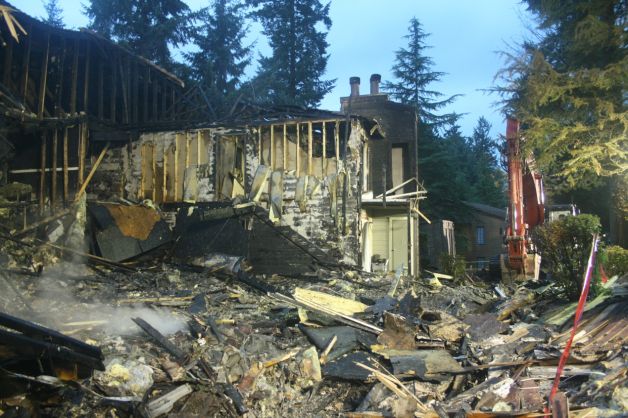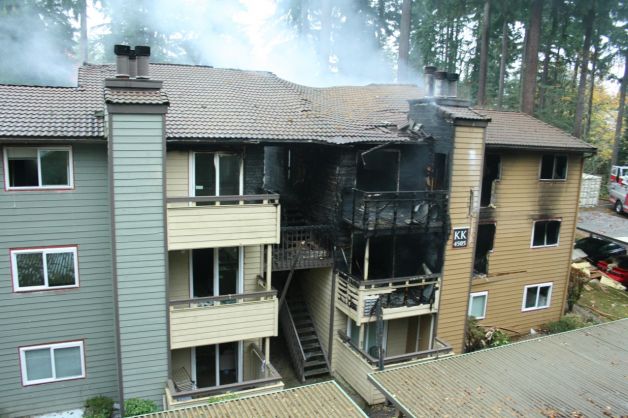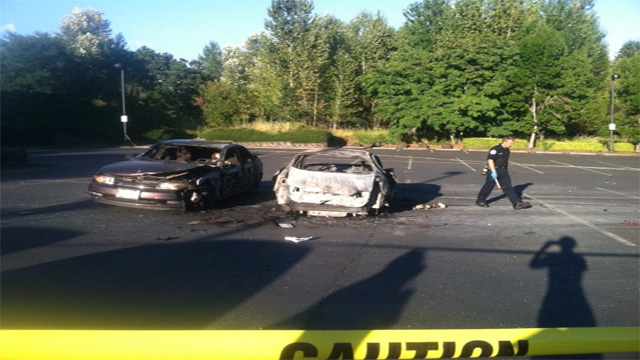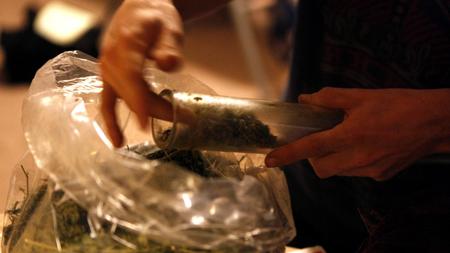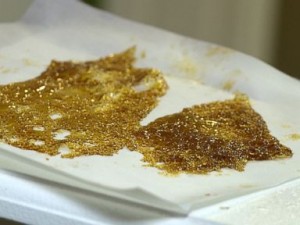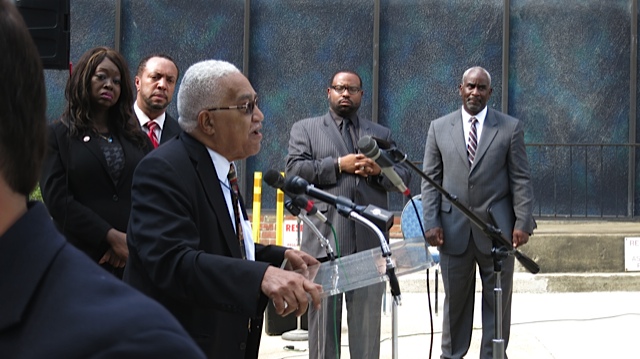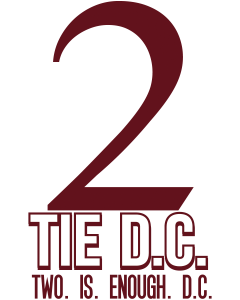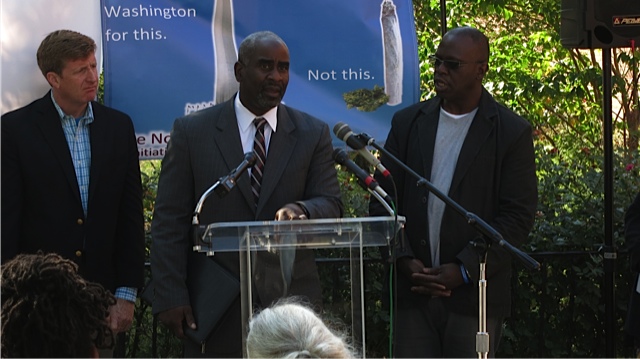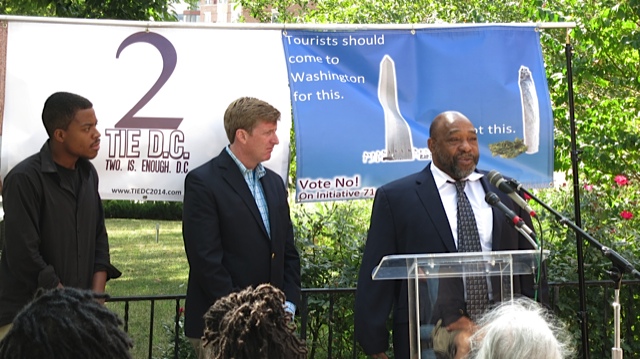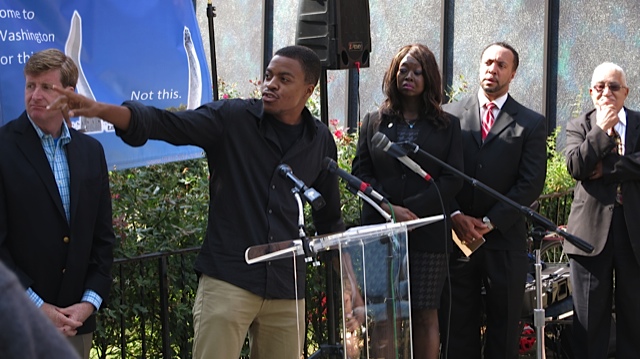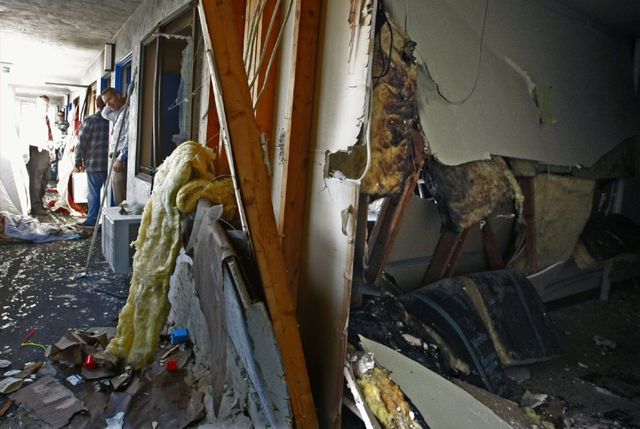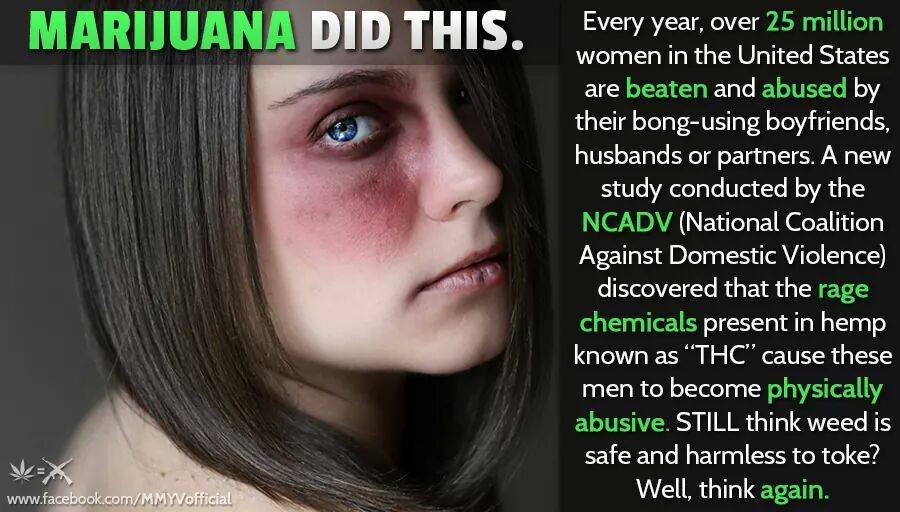(Part 1 on the battle to keep retail marijuana out of communities.) Colorado’s image as a healthy place to escape smoke and pollution is under attack at its core. Denver is not the only place where marijuana businesses are threatening the state’s image as place to pursue healthy activities.
Since its establishment in 1872, visitors have been flocking to Manitou Springs for the fresh mountain air, for rigorous hiking and for its healing waters. Manitou Springs is a darling community, founded upon the quest for healthiness, and community. It is seated at the base of Pikes Peak, just outside of Colorado Springs. Tourists may stop at several different natural springs of carbonated drinking water, each toting a distinct mineral content.
The city is also a great destination for families. The Manitou Springs Penny Arcade and unique shops entertain the town’s guests before and after their exploration of Pikes Peak and the famous Incline. The historic center is on the National Register of Historic Places. Historical buildings are colorfully painted and restored, and the homes that perch upon the mountainside are unique to this area. Manitou Cliff Dwelling is about five miles away.
Behind this lovely foreground is a community going to battle against the big business of marijuana. Since the approval of Amendment 64 in Colorado, legalizing marijuana, Manitou Springs has seen several medicinal marijuana dispensaries open their doors. On August 1, 2014, Maggie’s Farm opened its doors as the first recreational marijuana retailer in their community.
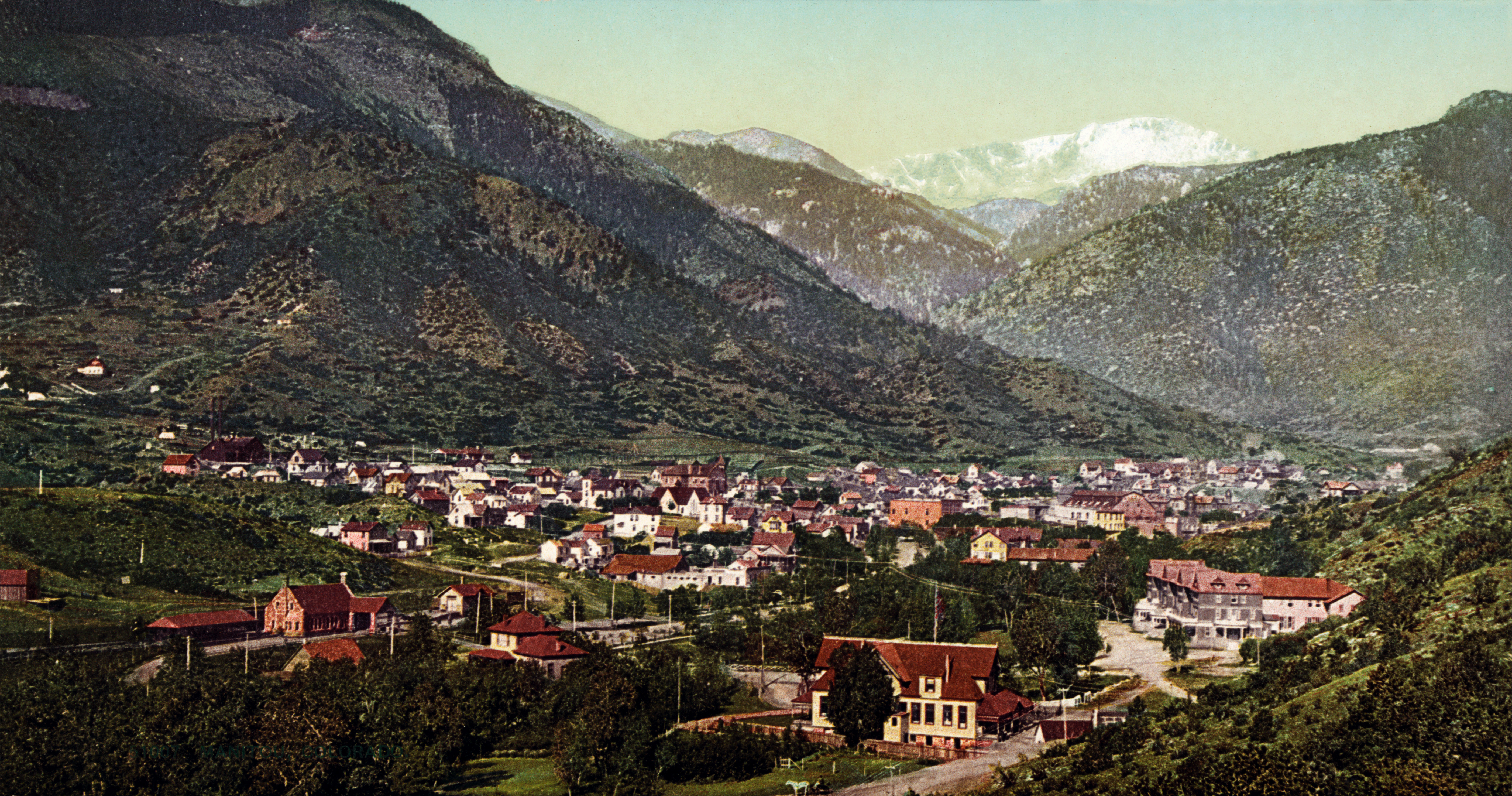
Under Section 5(f), Regulation of Marijuana, Amendment 64 states:
A LOCALITY MAY PROHIBIT THE OPERATION OF MARIJUANA CULTIVATION FACILITIES, MARIJUANA PRODUCT MANUFACTURING FACILITIES, MARIJUANA TESTING FACILITIES, OR RETAIL MARIJUANA STORES THROUGH THE ENACTMENT OF AN ORDINANCE OR THROUGH AN INITIATED OR REFERRED MEASURE; PROVIDED, ANY INITIATED OR REFERRED MEASURE TO PROHIBIT THE OPERATION OF MARIJUANA CULTIVATION FACILITIES, MARIJUANA PRODUCT MANUFACTURING FACILITIES, MARIJUANA TESTING FACILITIES, OR RETAIL MARIJUANA STORES MUST APPEAR ON A GENERAL ELECTION BALLOT DURING AN EVEN NUMBERED YEAR.
Many communities are saying that they were not asked to vote on having marijuana retailers in their community. They disagree with those who claim that when a majority of voters in community supported Amendment 64, it signaled agreement to have marijuana retailers in that community. Had residents known this would be the interpretation, many say they would have voted differently.
The group, No Retail Marijuana in Manitou Springs (NRMMS) came to life after the Manitou Springs City Council decided on January 21st to permit retail sale of marijuana, despite the majority of residents’ objections. It didn’t take long after the vote for local marijuana businesses to take action. The construction of Maggie’s Farm, a recreational marijuana retailer found in multiple Colorado cities, began in Manitou in May and opened its doors on August 1st. Another dispensary, Reserve 1, distributing medicinal marijuana, received a license to sell the drug for recreational use. It is currently looking for a larger space to expand its operation.
Many community members have voiced opposition to the City Council’s decision. Tim Haas, Treasurer of NRMMS and local business owner, says that one of the major concerns of allowing marijuana retailers in Manitou Springs is the large number of pot smokers from neighboring communities that will flock to Manitou for their recreational fix. Colorado Springs with a population just under 432,000 is but a mere 15-minute drive away from Manitou. In July 2013, Colorado Springs’ City Council voted to ban recreational marijuana stores with a narrow vote of 5-4, meaning Manitou Springs is now a close and convenient source of marijuana for those without a prescription.
It’s not only a question of increasing road traffic, but also people traffic. Manitou Springs’ population of homeless seems to have risen in the last few years. The anecdotal evidence is the appearance of an increasing number of young people gathering on the corner, sometimes smoking pot openly. It alters the feeling of the friendly town. Though many of the young and old homeless and panhandlers who congregate at the circle on Manitou Ave. are harmless, the question of safety may cross their minds of tourists who come to the area. Since the passing of Amendment 64, the Colorado cities of Denver and Colorado Springs have reported a large influx of homeless youth; many stating they are in Colorado for the weed, and it seems safe to say that Manitou may see the same ripple effect.
With some of these negative side effects becoming apparent, Haas, as a parent, is concerned. He has chosen for his children to attend the Manitou Springs’ schools, coming in from a neighboring town.
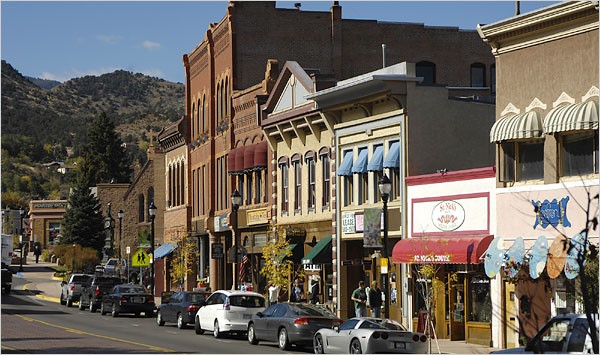
What might happen if parents begin to perceive Manitou Springs as a center for recreational marijuana? A large percentage of Manitou’s High schoolers are “choiced” in, meaning that if parents change their minds based on the reality, or purely their own perception, of what is going on in Manitou, the local schools could lose money. Just losing 20% of the students would be enough financial cause for the schools to have to cut teachers and the other students would be left to face the consequences.
NRMMS created the petition to ban retail marijuana shops from the Manitou Springs community shortly after the City Council’s vote. The group gathered 593 signatures, 465 being certified, almost double the required number of 275 certified signatures — 15 percent of the number of voters in the last general election (1,833). The question will appear on the November 4th ballot allowing voters to decide if the current ordinance should be upheld, or overturned, banning retail marijuana establishments in the city of Manitou Springs. At least two groups are working together to ban the marijuana shops in Manitou Springs, Don’t Let Manitou Go to Pot and People Against Retail Marijuana in Manitou Springs.
Resident voters will receive their ballots by mail on October 16. They should be returned no later than November 4. Voters who did not participate in the last election may need to update their voter status and request a ballot. For more information or to check your voter status in Manitou Springs, please visit the Manitou Springs City website. Voters wishing to ban the stores should vote YES on the marijuana retail ballot question. The Colorado Springs Gazette endorses a Yes vote on 2G. Former Mayor Marcy Morrison recently wrote this opinion piece in the Gazette.

